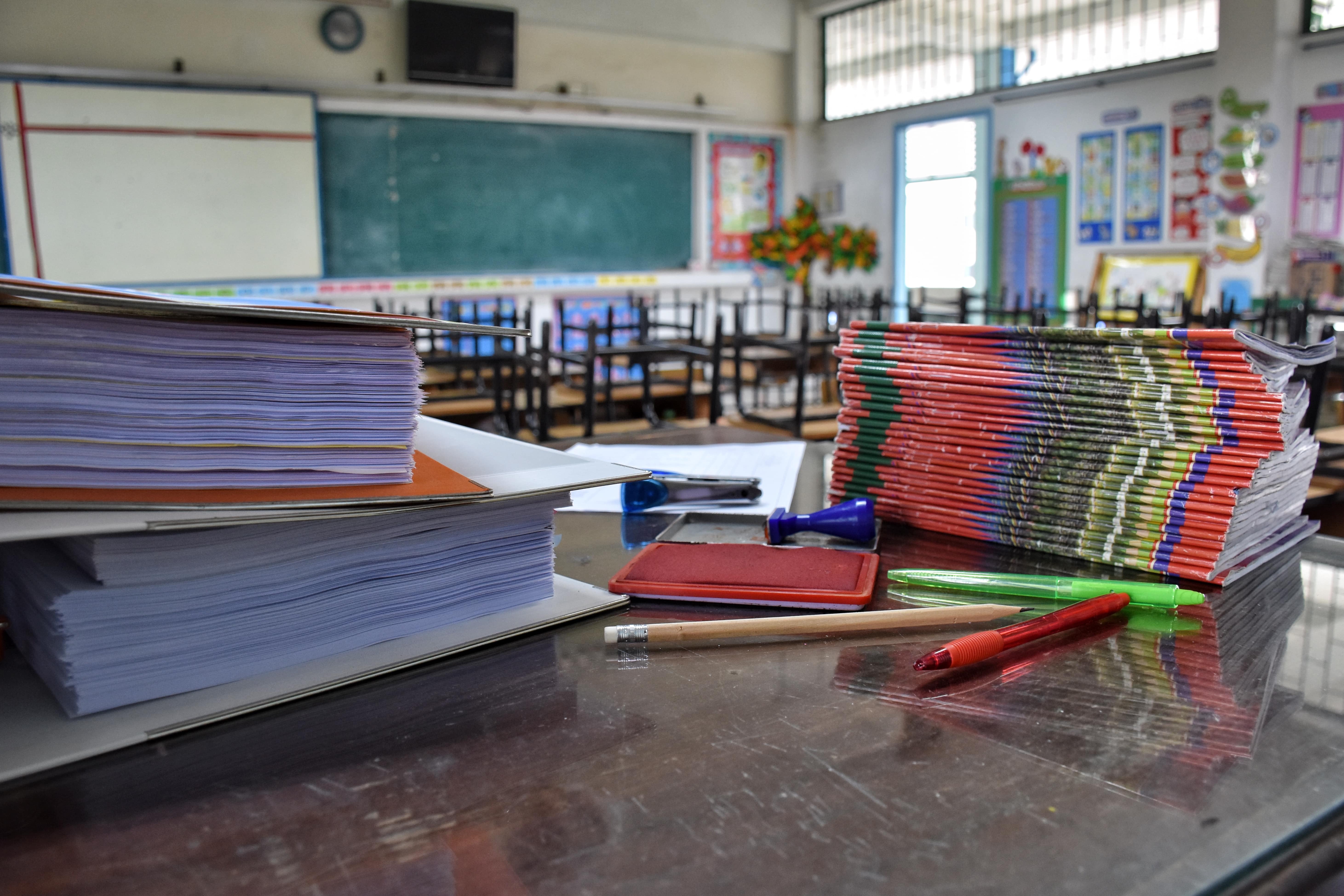
Colleges and universities are turning out far fewer education majors than ever before. While teaching has always been an appealing career track for young people, the field is shrinking. In 1975, 22 percent of college students majored in education. Now, less than ten percent of students pursue teaching degrees. The shift says a lot about our values as a society – and our evolution as a country. While there are potentially scary ramifications for the education of future generations, there is one silver lining to the teacher shortage: professional educators are more in demand than ever.
The Teacher Shortage, Explained
There are several factors contributing to America's teacher shortage. Teacher certification plays a large role. Most public schools require their employees to possess a degree in education as well passing scores on certification exams like the Praxis. These exams help qualify them for work in the classroom, but they can be pricey and difficult to pass, limiting the job opportunities for countless aspiring educators.
Teaching in America comes with a number of sacrifices, and many professionals are opting to pursue more lucrative fields. Low salaries, long hours, and stressful, high-stakes testing motivates many education majors to change their career tracks before they ever graduate. Historically speaking, teaching was often the only option for women hoping to earn a living. Now that women have more choices in their career paths, teaching isn't always the most appealing option.
New research in the education world also creates an increased demand for teachers. While we've always known small class sizes make for better learning environments, advocates are more ardent about pushing for better teacher to student ratios. In turn, this puts increased pressure on school districts to hire certified educators, contributing to the larger teacher shortage issue.
Addressing the Teaching Shortage
Because fewer and fewer people are choosing careers in teaching, school districts have made major shifts to their hiring practices. To attract new teachers to their schools, many are amending the teacher certification requirements. Temporary permits and licenses are becoming more common, making it easier for teachers to enter the classroom and fill vacancies. Unfortunately, though, these short-term solutions only delay the inevitable need for teacher certification.
The national teacher shortage has shifted our society's perspective on educators. With so many vacancies to fill, many school districts are now offering higher salaries and better benefits for new hires. Still, with limited funding, public schools face an uphill battle when addressing the teacher shortage.
The Most In-Demand Positions
While it's easy to discuss the national teacher shortage in sweeping terms, there are some positions that are harder to fill than others. Special education, science, and math teachers are among the hardest to attract. Though all subject areas have their pros and cons, these particular fields demand a lot from educators. If a person is handy with STEM-related knowledge, they may feel more inclined to work in the private sector where jobs pay higher wages.
Special education teachers face a number of hurdles in their daily duties that other educators do not. While there are a number of passionate educators eager to help the most vulnerable students in need, many special education teachers feel frustrated by the expectations placed on them in the classroom. This only adds to the teacher shortage and places new educators in high demand.
Getting Certified
There is hope for aspiring teachers, though. More and more states are implementing measures to encourage educators to get certified. Some are lowering the barrier of entry for new teachers, while others are developing training programs to guide beginning educators through the most challenging aspects of the job. The national teacher shortage will likely continue, though, until more is done to attract high-level talent to the field. In the meantime, aspiring educators in most states still need to get certified before entering the classroom. This often means taking state-level qualification exams like the TExES in Texas, the NYSTCE in New York, or the GACE in Georgia. Taken after graduating from a college education program but before starting work in schools, these exams are often expensive and incredibly challenging. So long as teacher certification is required for professional practice, these exams aren't likely to go anywhere.
Teacher Certification Test Prep Resources
Thankfully, there are ways for aspiring teachers to get a leg up on these rigorous exams. Exam Edge offers test prep resources for teacher certification exams in every state. Whether you're registered for the Florida Teacher Certification Exam, the Indiana CORE Assessments, or the Arizona Educator Proficiency Assessments, we've got the practice tests you need to pass on your first attempt.
Curious about our offerings but aren't sure you need a practice exam? Take a sample practice test to see just how helpful our resources can be! With both timed and untimed options at your disposal, you'll be ready for any teacher certification exam required for your career.

